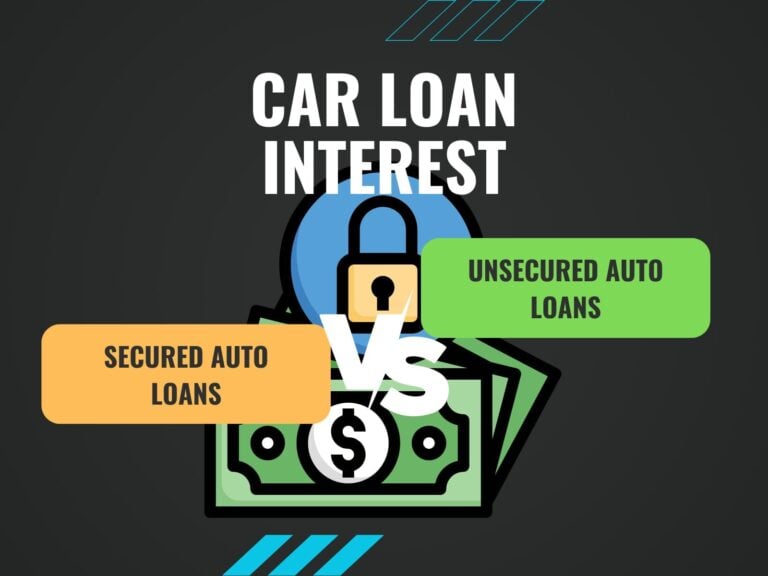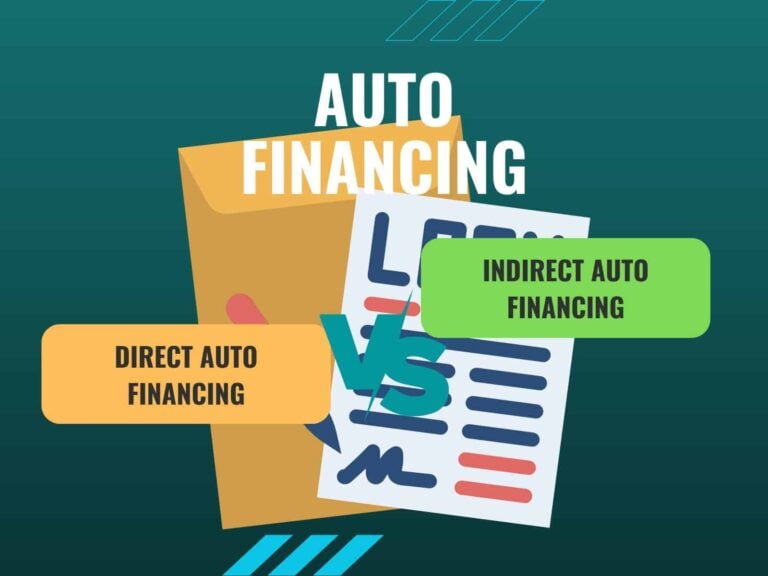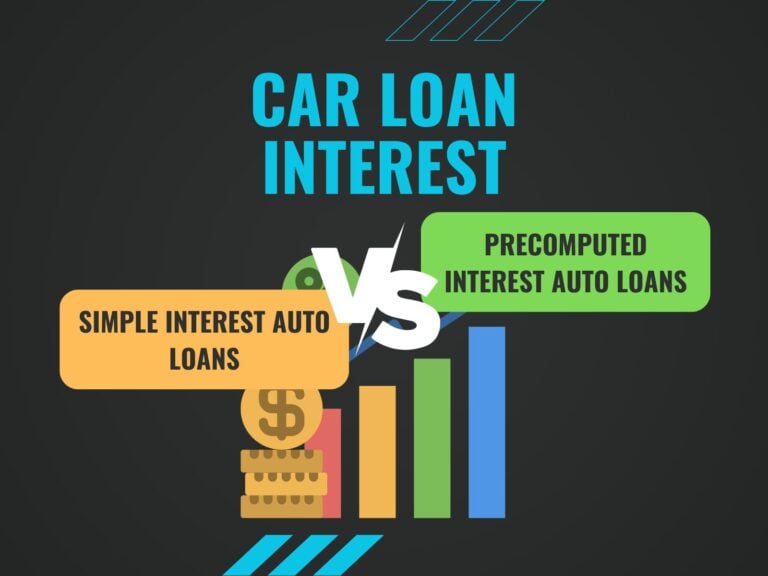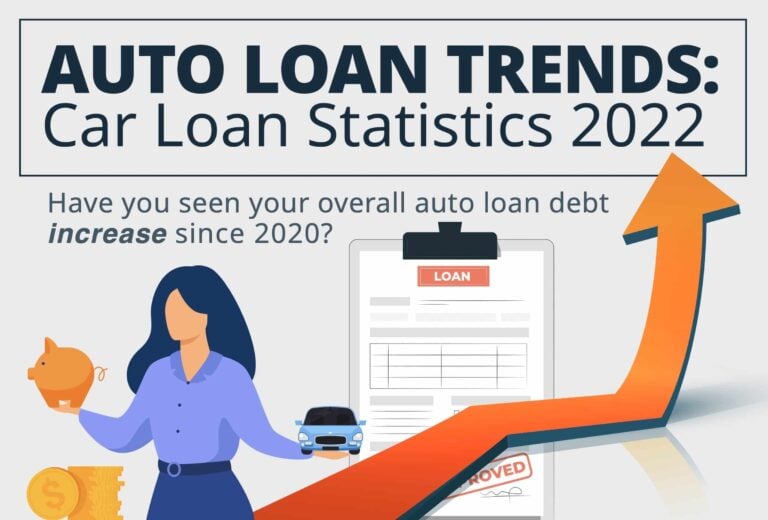Idaho Debt Settlement
Idaho ranks 39th in population in the United States, as the state was home to 1,787,065 residents in 2018, despite the fact that its area of 83,569 square miles places it fourteenth in the nation in terms of geographic size. This results in Idaho having a relatively low population density of 21.6 people per square mile, ranking it 44th in the country.
Part of the reason for the state’s low population and population density is that the United States Forest Service holds roughly 38% of Idaho’s land, the highest percentage of any state. Idaho is also mountainous, containing several uninhabited stretches of the Rocky Mountains. Agriculture, manufacturing, mining, forestry and tourism are significant contributing industries toward the Idaho state economy, and a number of science and technology firms are either headquartered or have factories within Idaho.

The agricultural sector is best known for its potato crop, which accounts for approximately one-third of the national output. Idaho’s official nickname is the “Gem State,” alluding to the inherent natural beauty of its surroundings.
The Idaho economy generated a gross domestic product of $77.1 billion in 2018, ranking 42nd in the nation. Important industries to Idaho’s economy include food processing, lumber and wood products, machinery, chemical products, paper products, electronics manufacturing, silver mining, and tourism. The state is home to the world’s largest factory for the production of barrel cheese (primarily utilized in processed cheese) and the largest U.S. Department of Energy facility in the country.
Meantime, the science and technology sector accounts for over 25% of Idaho’s revenue, driven by the presence of Micron Technology, Hewlett Packard, Sun Microsystems, Oracle and ON Semiconductor. Additionally, Anheuser-Busch operates three facilities that produce a significant percentage of the malt supplied to breweries across the nation. Idaho’s median household income level of $55,583 ranks 37th in the nation and is 11.8% lower than the national median household income level of $63,030.
Idaho Economic and Debt Statistics
Idaho Economic and Debt Statistics
Meantime, compared with the 2019 nationwide average FICO score of 703, the typical Idaho resident’s 2019 FICO score checks in somewhat stronger at 711, and ranks toward the middle nationally, tied for twenty-third highest in the nation. According to the St. Louis Fed, as of Q4 2018, the Idaho home ownership rate stood at 69.2%, significantly higher than the national average of 64.8%, while a recent Experian report shows average mortgage debt of $169,603, an almost 3% increase compared to the figure in 2018, ranking it 21st in the country.
The median sales price for a home in Idaho during 2019 was $260,750. Regarding student loans, data compiled by Experian in 2019 indicates that Idaho shows an average student loan debt per student borrower of $32,351, up 4% from the previous year and up 26% from the level in 2014.
Idaho Residents and Debt Settlement
If you are a resident of Idaho and are currently burdened by high levels of unsecured debt – including credit card accounts, private student loans, unpaid medical bills and personal loans – the process of pursuing debt settlement may make sense for you. Debt settlement occurs when a debtor successfully negotiates a payoff amount for less than the total balance owed on a debt.
This lower amount is agreed to by the creditor or collection agency and is fully documented in writing. Ideally, this lower negotiated amount is paid off in one lump sum, but it can be paid off over time. Though creditors are under no legal obligation to accept debt settlement offers, negotiating and paying lower amounts to settle debts is far more common than many people realize.
Idaho Consumer Debt Laws
Credit Card companies and other creditors are permitted to contact Idaho residents directly regarding debts, particularly in a situation involving delinquent payments. However, debt collection agencies are required to comply with the the Federal Fair Debt Collection Practices Act (FDCPA), and are therefore prohibited from taking certain actions.
Under the FDCPA, collection agencies are prohibited from informing employers about a debt or attempting to collect a fee in excess of any debt owed. Debt collection agencies are also prohibited from communicating in a manner that simulates a judicial process or gives the appearance of a governmental action.
Additionally, debt collection agencies are prohibited from contacting debtors or debtor family members at unusual hours or with a frequency that may be reasonably construed under the law as harassment or abuse. Unfortunately, unlike many other states, Idaho does not supplement the FDCPA with its own state-mandated fair debt collection practice act, and therefore leaves its residents somewhat vulnerable to predatory collections practices by original creditors.
Although Idaho law requires that collectors register with the state and obtain a license to collect debts, the law does not allow consumers to bring individual lawsuits. Therefore, Idaho residents faced with abusive or harassing collection tactics are best protected under the FDCPA.


Idaho Statute of Limitations on Debt Collection
When sufficient time passes in a situation in which consumer debts have gone unpaid, a debt collector can lose the legal right to sue for non-payment. In Idaho, the statute of limitations on debt collection varies according to the type of debt involved. In Idaho, for written contracts, obligations and liabilities, the statute of limitations is five years. Oral contracts, accounts or promises have a statute of limitations of four years.
Open accounts, including credit card accounts have a statute of limitations of five years. Promissory notes also have a statute of limitations of five years. For any time period, the clock begins ticking from the “date of default,” which is typically thirty days after the last payment was actually made. Additionally, any written acknowledgment signed by the debtor or any payment on a debt serves as sufficient evidence to “re-set the clock” and cause the statute of limitations to start over.
When debts remain unpaid prior to the statute time period elapsing in full, creditors maintain legal right to sue you for non-payment and are permitted to engage debt collection agencies who can make persistent attempts at collection, as long as they remain within the bounds of the FDCPA.
Debt Settlement - Do It Yourself?
Getting out of debt is never an easy process. If debt settlement is the right avenue for you to pursue, be honest with yourself. Decide whether you possess the background, strength and fortitude to negotiate directly with creditors yourself – or whether engaging the services of an experienced and reputable debt settlement company will serve your needs best.
Remember, the goal is to save the greatest amount of money and time while minimizing any ensuing damage to your credit score and profile. A reputable debt settlement company will provide a realistic estimate and time frame for making offers to your creditors that can ultimately result in settlements that save you significant amounts of money, time, and aggravation.
Contact us here at United Settlement, where our experienced credit counselors possess relationships with the major credit card lenders and a broad understanding of the debt marketplace. We can help you navigate these waters successfully.
Debt Resources & Additional Reading
Additional Related Insights & Articles







Debt Relief Reviews

Ready To Get Started?
See if you qualify for debt relief. Get a Free savings estimate to see how quickly you can be debt free.
Embrace financial freedom with our tailored solutions, expert guidance, and unwavering commitment to your success.
Experienced Professionals
Our experienced team has helped thousands of clients successfully eliminate debt and regain financial freedom.
Customized Solutions
We know every financial situation is different, so we design personalized debt relief plans to fit your specific needs and goals.
High Success Rate
Our proven debt relief strategies deliver real results. With a strong track record of success, we help clients achieve lasting financial stability.
Confidential Consultation
Your privacy is our priority. All debt relief consultations are 100% confidential and handled with the highest level of discretion.



